On December 19, the Quality Brands Protection Committee of the China Association of Enterprises with Foreign Investment (QBPC) Legal Committee concluded the Project on Management of Civil Litigation of Corporate Intellectual Property. Members of the project team from Beijing JUSTRA Intellectual Property Center (JUSTRA) conducted an in-depth review of the report during the seminar. Wang Yanfang, former Presiding Judge of the Intellectual Property Court of the Supreme People's Court and Professor of the East China University of Politics and Law Intellectual Property School, Zhang Weijun, Professor of Guanghua Law School of Zhejiang University, and Wang Ze, former Deputy Secretary General of the China Trademark Association and Vice Chairman of JUSTRA, were invited as guests to provide professional comments on the project. Over 70 representatives attended both onsite and online.
Michael Yu, Legal Committee Chair, moderated the event. About the project's background, he stated that, due to the growing attention of intellectual property rights holders on civil litigation, the legal committee timely applied for the project based on members’ feedback, organized a project opening meeting, and interviewed more than ten senior corporate intellectual property litigation leaders. Through systematic sorting, the project team created a detailed research report based on the interviews and their own practical experience in a bid to better help members with their IPR civil litigation-related operations in China.
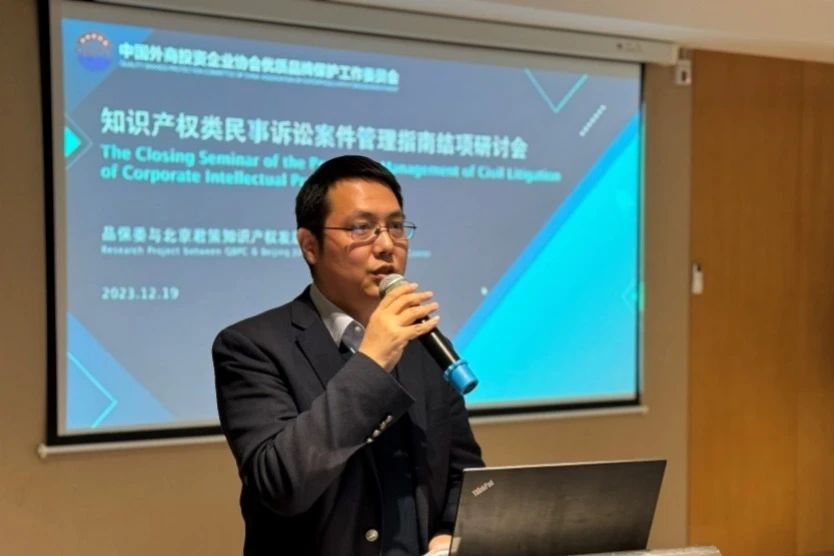
Michael Yu
TAO Yang, Vice Chair of the QBPC, expected members to conduct extensive communication and exchanges with project team members and experts in order to improve the project report as well as providing guidance and reference for legal practitioners from multiple dimensions. At the same time, QBPC could further explore the issues of IP civil litigation from the perspectives of various industries.
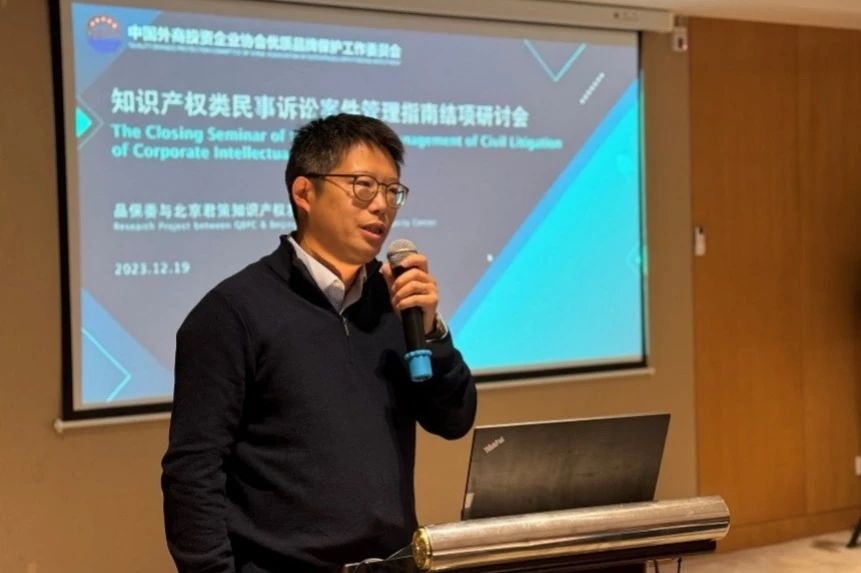
TAO Yang
According to XIA Huan, a member of the JUSTRA project team, the report mainly focused on the common problems in civil litigation including identifying IP rights and the specific challenges in proactive and passive litigation while summarizing the operation process, precautions, and best practices for the reference of QBPC members. The report mainly covered five aspects, namely, an overview of trademark civil infringement, a general chapter on management of proactive and passive trademark litigation, a special chapter on management of proactive litigation, a special chapter on management of passive litigation, and administrative matters. As of the general chapter on management, XIA concentrated on the establishment of proactive and passive litigation, the selection of external law firms, the authorization documents, etc.
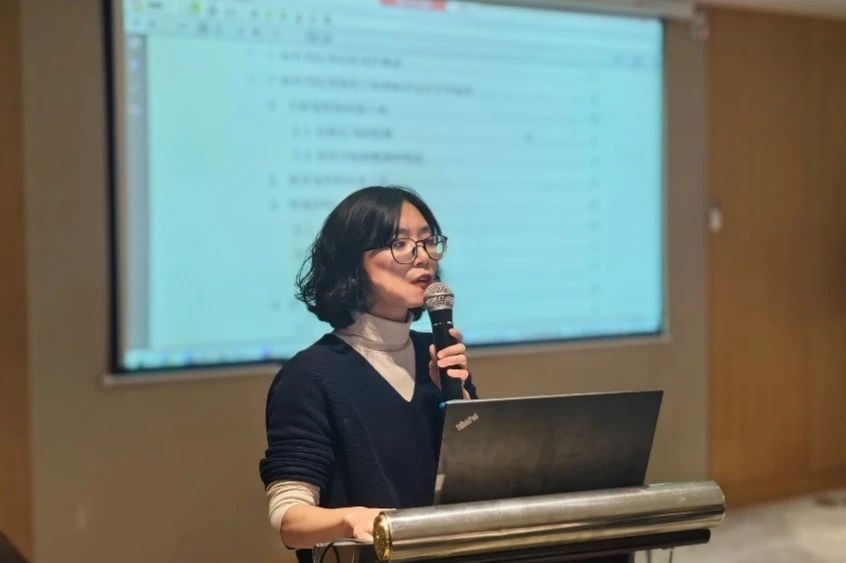
XIA Huan
ZHANG Han from the JUSTRA project team explained the four key points of the special chapter on civil litigation management. Firstly, in terms of fixing infringement evidence, traditional offline notarization remained as the main method for qualitative evidence while “notarization on cloud” and “timestamp” were recommended for supporting evidence. Secondly, regarding the determination of jurisdiction by level, the report summarized specific features of the first instance jurisdiction courts for trademark-related civil cases in 2023, expecting to get QBPC members better prepared for filing and retrieval work when dealing with important qualitative cases. Thirdly, as of means of proof, ZHANG pinpointed the ownership issue in decoration cases, which required evidence of initial use of decoration, design, and long-term use to obtain recognition. Finally, speaking of property preservation, he pointed out that the importance of property preservation did not lie only in the property itself but also in its subsequent pressure on the defendant.
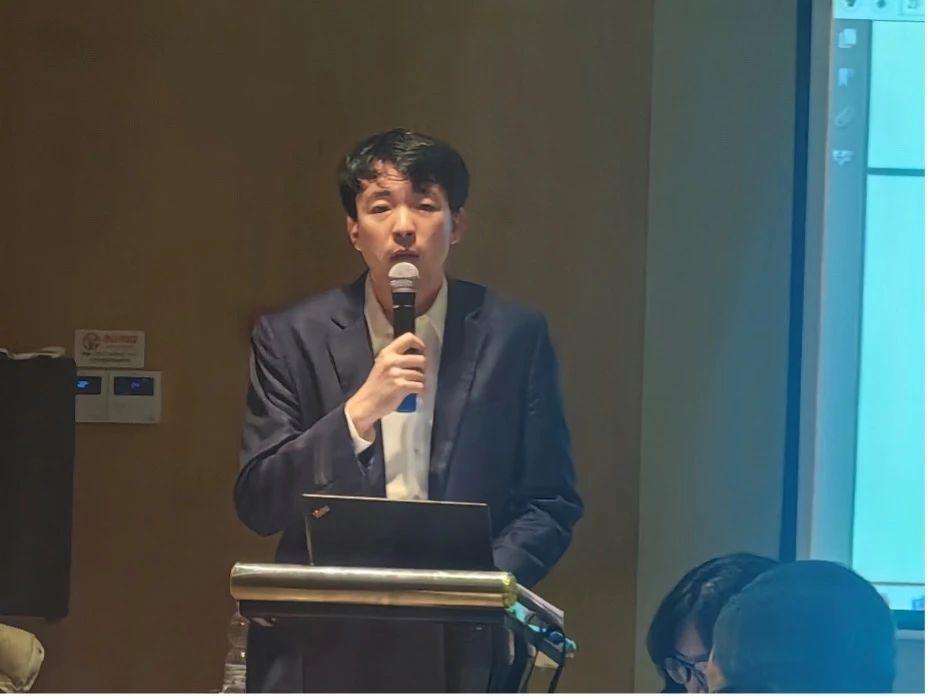
ZHANG Han
Three experts also gave their comments on the research. Based on her previous experience with the Supreme Court, Wang Yanfang provided suggestions on the selection and hiring of external lawyers, the standards for judgement, and the submission of litigation materials. Zhang Weijun proposed revisions on the report based on legal concepts and logics. WANG Ze shared his own practical experience and believed that relevant substantive issues were worth further study.
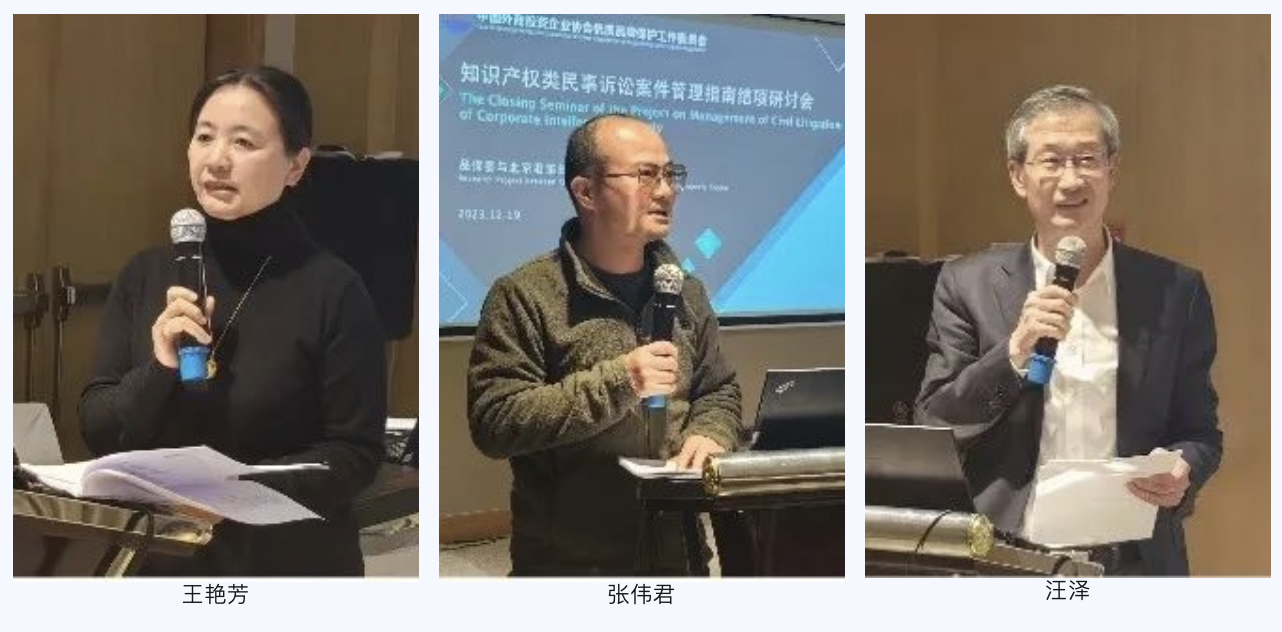
In the Q&A session, the research team responded to the questions raised by the participants, such as the best timing for incidental civil action of criminal prosecution, how to carry out property preservation when malicious infringers transfer their property overseas, and the contribution rate of trademarks, etc.
